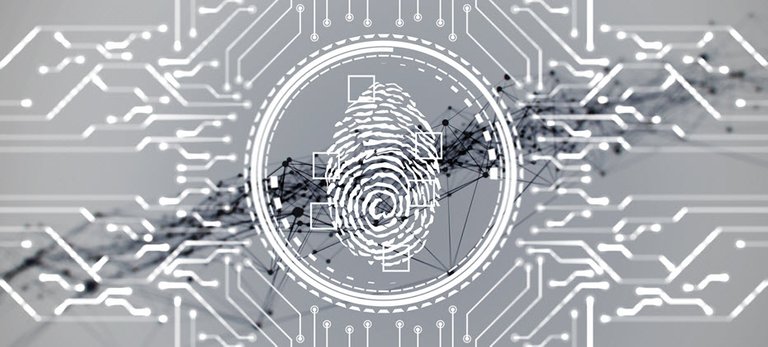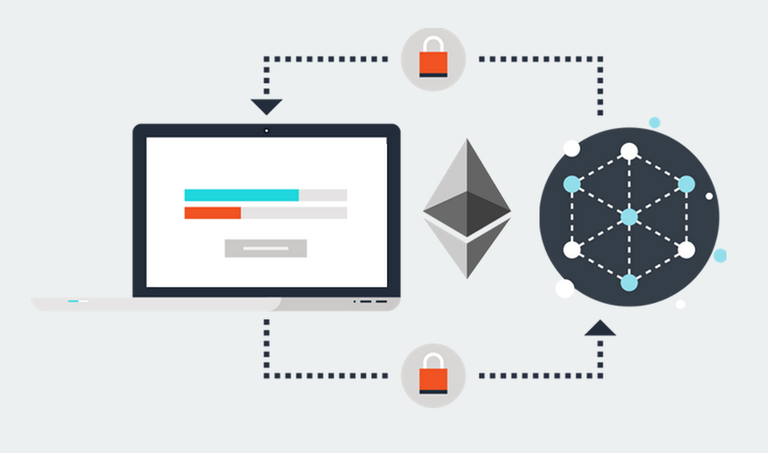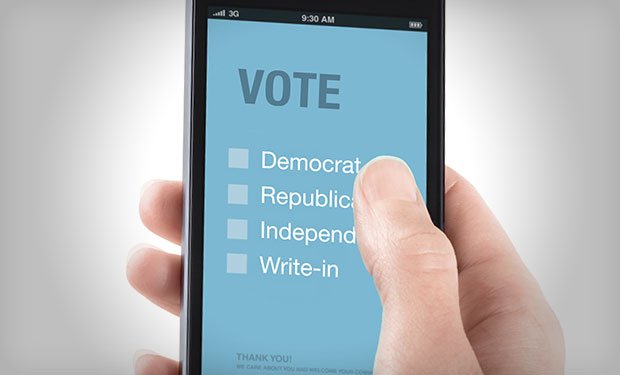
What is Block Chain Technology?
In single line we can say,“The blockchain is an incorruptible digital ledger of economic transactions that can be programmed to record not just financial transactions but virtually everything of value.”
How Does Blockchain Work ?
When a new transaction or an edit to an existing transaction comes in to a blockchain, generally a majority of the nodes within a blockchain implementation must execute algorithms to evaluate and verify the history of the individual blockchain block that is proposed. If a majority of the nodes come to a consensus that the history and signature is valid, the new block of transactions is accepted into the ledger and a new block is added to the chain of transactions. If a majority does not concede to the addition or modification of the ledger entry, it is denied and not added to the chain. This distributed consensus model is what allows blockchain to run as a distributed ledger without the need for some central, unifying authority saying what transactions are valid and (perhaps more importantly) which ones are not.
Use Of Blockchain.
1. Digital Identity
Blockchain technologies makes tracking and managing digital identities both secure and efficient, resulting in seamless sign-ons and reduced fraud.
Image result for digital identity
2. Blockchain Identity Use Cases
. Blockchain technology can be applied to identity applications in the following areas:
. Digital Identities
. Passports
. E-Residency
. Birth Ceritificates
. Wedding
. IDs
. Online Account Login
ShoCard is a digital identity that protects consumer privacy and is as easy to understand and use as showing a driver’s license. It’s optimized for mobile and so secure that a bank can rely on its.
3. Smart Contracts
These are legally binding programmable digitized contracts entered on the blockchain. What developers do is to implement legal contracts as variables and statements that can release of funds using the bitcoin network as a ‘3rd party executor’, rather than trusting a single central authority.
Image result for Smart Contracts
4. Distributed cloud storage
Anyone on the internet can store your data at a pre-agreed price. Hashing and having the data in multiple locations are the keys to securing it.
Storj.io and factom are two start-ups exploring this idea. After encrypting your data, it is sent out to a network with easy to track basic metadata.
5. Decentralize Notary
One interesting feature of the blockchain is its timestamp feature. The whole network essentially validates the state of wrapped piece of data (called a hash) at a certain particular time. As a trustless decentralized network, it essentially confirms the existence of [something] at a stated time that is further provable in a court of law. Until now, only centralized notary services could serve this purpose.
Manuel Aráoz explained : “As the blockchain is a public database, it is a distributed sort of consensus; your document becomes certified in a distributed sort of way.”
How It Work ?
Proof of Existence allows users to upload a file and pay a transaction fee to have a cryptographic proof of it included on the bitcoin blockchain. The actual data is not stored online and therefore does not risk unwanted publication of the user’s material.
After anonymously uploading the document and paying the network fee, a hash of the document (or any other type of digital file) is generated as part of the transaction.
The Proof of Existence website shows recently uploaded files that have hashes on the block chain.
This, in effect, uses the public and ledger-like nature of the blockchain to store the proof of your file, which can later be verified should an issue of authorship or dating arise.
“Basically, by inserting the cryptographic hash of the document in a transaction, when that transaction is mined into a block, the block timestamp becomes the record’s timestamp,”
- said Aráoz.
6. Digital voting
The greatest barrier to getting electoral processes online, according to its detractors, is security. Using blockchain, a voter could check that her or his vote was successfully transmitted while remaining anonymous to the rest of the world.Image result for Digital voting

7. E-Commerce and Online Marketplaces
Openbazaar startup has embarked on a new mission to introduce a fee-free online marketplace similar to eBay, which is powered by blockchain.
8. Cross-Border Micro-Payments
A number of blockchain fintech startups have emerged to cater P2P micro-payments.
Image result for Micro-Payments

Hi! I am a robot. I just upvoted you! I found similar content that readers might be interested in:
https://www.huffingtonpost.com/ameer-rosic-/5-blockchain-applications_b_13279010.html